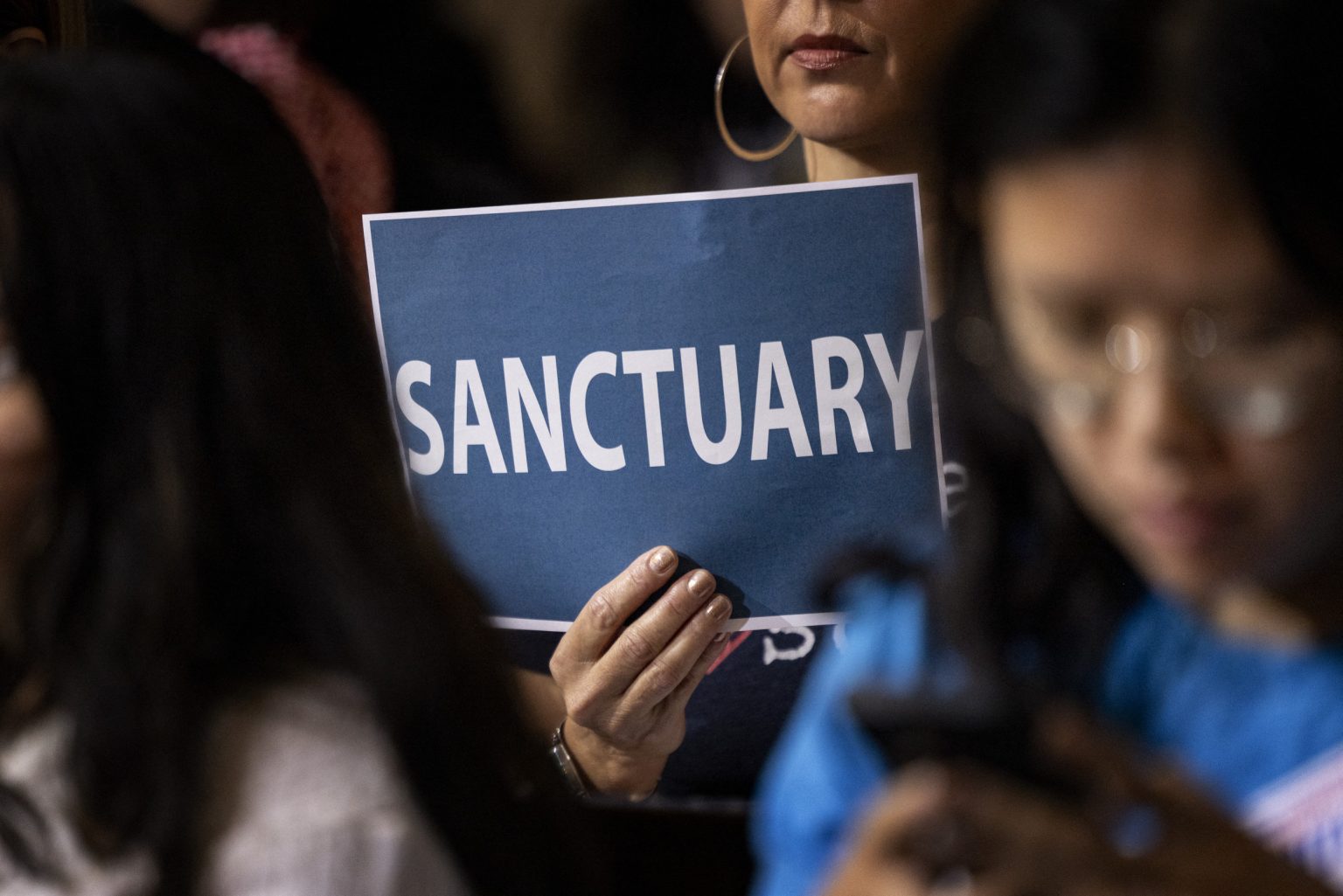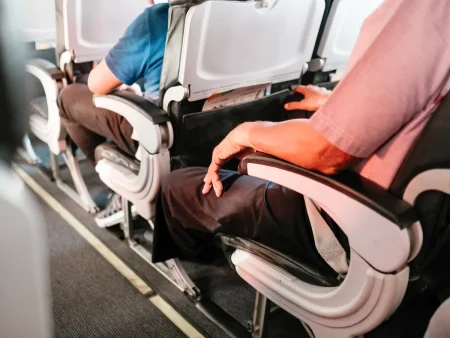Tina Rexing, a self-proclaimed “anti-woke” Republican business owner from Minnesota, embodies a surprising contradiction: she staunchly opposes liberal policies yet actively supports refugee resettlement. Rexing’s involvement stems from a newly implemented community sponsorship program, a bipartisan initiative that empowers everyday Americans to facilitate the integration of refugees fleeing war and persecution. While Rexing doesn’t personally sponsor families due to her business commitments, she contributes materially, donating furniture and household goods to newly arrived Ukrainian families. Her motivation, she explains, aligns with her conservative values: providing initial support with the expectation of eventual self-sufficiency and contribution to society. This nuanced approach to refugee assistance highlights the potential of these programs to transcend political divides, appealing to a shared sense of humanitarianism and pragmatism.
The community sponsorship programs, including Uniting for Ukraine and Welcome Corps, represent a significant shift in refugee resettlement. Unlike traditional reliance on government-funded agencies, these programs leverage the resources and compassion of ordinary citizens. Sponsor groups, comprised of diverse individuals, assume responsibility for securing housing, employment, and essential services for refugees during their initial 90 days in the U.S. This grassroots approach not only alleviates the financial burden on the government but also fosters a sense of community and shared responsibility for welcoming newcomers. The success of these programs hinges on the dedication of individuals like Rexing and her attorney, John Schrager, who have collectively supported numerous Ukrainian families through donations and active sponsorship. Schrager observes that sponsors range from retirees to working professionals, united by a desire to make a tangible difference in the lives of refugees.
The appeal of community sponsorship extends beyond political affiliations, engaging individuals who may not be politically active but are deeply moved by the plight of refugees. Barb Stermer, a retiree from Minneapolis, exemplifies this sentiment. Having been a passive observer of past social and political upheavals, she now feels compelled to act, recognizing the broken immigration system and the urgent need for compassionate solutions. Stermer joined a sponsor circle organized within her residential building, demonstrating the organic nature of these initiatives and their ability to mobilize communities at a local level. The group’s meticulous preparation for the arrival of a refugee family, from collecting household items to composing welcome poems, underscores the personal investment and genuine care that characterizes these efforts.
The success of community sponsorship programs is not solely reliant on good intentions; data suggests a tangible positive impact on refugee integration. Studies in Canada, where private sponsorship has been a cornerstone of resettlement for decades, reveal that sponsored refugees experience significantly higher employment rates and wages compared to government-assisted refugees. This success can be attributed to the personalized support and local networks provided by sponsors, facilitating quicker access to employment and integration into the community. Similar trends are observed in the U.S., although long-term data is still limited. The efficacy of local guidance and connections is particularly evident in the story of Robsan Yusuf, an Ethiopian refugee who, after experiencing the challenges of resettlement himself, mobilized his own network to sponsor a fellow African refugee.
The power of personal connection and shared experience is further exemplified in the story of Yakov Gradinar, a Ukrainian American prosthetist who founded the Protez Foundation to provide prosthetic limbs to Ukrainian war victims. Gradinar’s organization not only offers crucial medical support but also sponsors the resettlement of Ukrainian families, including two single mothers and their sons who lost limbs in the war. The shared trauma and resilience of these families resonates deeply with Gradinar and his network, fostering a powerful sense of solidarity and commitment to their successful integration. The story also highlights the unexpected acts of kindness that can emerge from within communities, such as the Russian American landlord who waived rental requirements for the Ukrainian families.
The compelling narratives of refugees, often amplified by NGOs and resettlement agencies, take on a new dimension when shared within local communities. The tangible needs of newcomers – from furniture and household goods to emotional support and social connection – become more relatable and actionable for individuals who might otherwise feel overwhelmed by the complexities of global crises. The community sponsorship model transforms abstract humanitarian concerns into concrete opportunities for personal involvement, fostering a sense of shared responsibility and bridging partisan divides. The story of Sharon and Mark Norlander, who sponsored two Ukrainian families, exemplifies this transformative power. Their commitment, extending beyond initial resettlement to supporting extended family members, underscores the profound impact of these programs on both sponsors and refugees. The emotional reunion of the Holiuk family with the Norlanders at the airport captures the essence of these initiatives: fostering human connection, offering hope, and perhaps, charting a new chapter for America’s approach to refugee resettlement.















